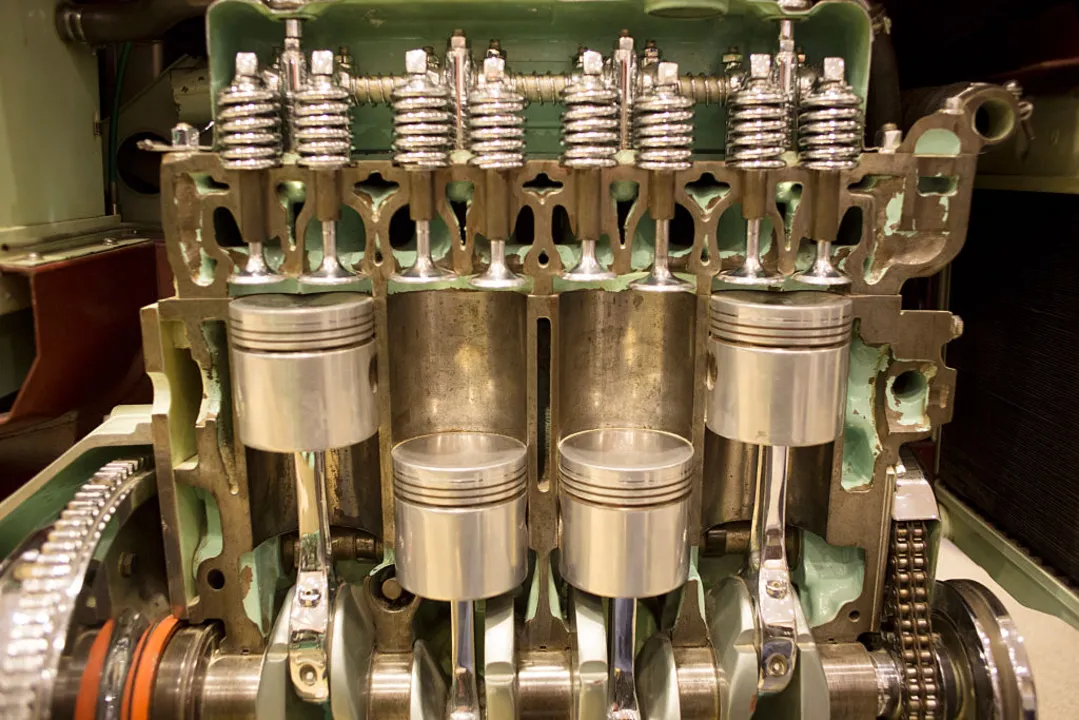
Who invented the internal combustion engine?
Exploring the History of the Internal Combustion Engine: From Inception to Present Day
The internal combustion engine is a marvel of modern engineering, and a cornerstone of modern society. But who invented the internal combustion engine and how did it come to be? We’ll explore the history of the internal combustion engine and its ongoing evolution.
The first internal combustion engine was invented by Jean Joseph Etienne Lenoir in 1860. Lenoir's engine was a one-cylinder spark-ignition engine that ran on illuminating gas and used a crude form of electric ignition. Lenoir's engine was not powerful or efficient, but it was an important first step in the development of the internal combustion engine.
The next major advancement in the development of the internal combustion engine came from German engineer Nicolaus August Otto. In 1876, he patented the four-stroke cycle engine and created the first successful and commercially available internal combustion engine. The Otto cycle engine was more powerful and efficient than Lenoir's engine, and it is the basis for modern spark-ignition engines.
The next major innovation came from Rudolf Diesel in 1897. Diesel developed a compression-ignition engine that used heat and pressure to ignite fuel. This engine was much more powerful and efficient than Otto's engine, and it is the basis for modern diesel engines.
The internal combustion engine has continued to evolve over the years. Improvements in materials, manufacturing techniques, and fuel technology have made engines more powerful, efficient, and reliable. Modern engines are used in a variety of applications, from cars and trucks to airplanes and boats.
The internal combustion engine is a remarkable invention that has had a massive impact on society. From Lenoir's crude spark-ignition engine to modern high-tech diesel engines, the internal combustion engine has come a long way in the last 150 years. It is an impressive example of human ingenuity and engineering prowess.
A Closer Look at Who Invented the Internal Combustion Engine and How it Changed the World
The internal combustion engine is one of the most important inventions of the modern age and has revolutionized the way we live. But who was the genius who invented this amazing device? To understand this, we must take a closer look at the history of the internal combustion engine and how it changed the world.
The first internal combustion engine was invented in 1807 by Swiss engineer François Isaac de Rivaz. He developed the engine to power a vehicle, but was unsuccessful in producing a working prototype. However, his invention was the first step in the development of the internal combustion engine.
In 1860, Belgian engineer Étienne Lenoir built the first successful internal combustion engine. His engine, which was powered by coal gas, was the first to be used commercially, powering a generator that produced electricity. This was a major breakthrough and opened the door for the development of the modern internal combustion engine.
German inventor Nikolaus August Otto is credited with the invention of the four-stroke cycle engine, which revolutionized the internal combustion engine. This engine was more powerful, efficient and reliable than other engines of its time and it was the first to be used in cars. It was a major step forward in engine technology and would become the basis for all modern internal combustion engines.
The internal combustion engine has had a profound effect on the world. It has enabled us to travel long distances quickly, to develop powerful machines and to harness energy from fossil fuels. The internal combustion engine has been instrumental in the development of modern technology, from cars to planes to ships, and it has revolutionized the way we live.
The invention of the internal combustion engine has been one of the most important inventions in history and has changed the world for the better. Without the internal combustion engine, many of the things we take for granted today would not be possible. The world would be a much different place without the internal combustion engine and we owe a huge debt of gratitude to the genius who invented it.
Write a comment